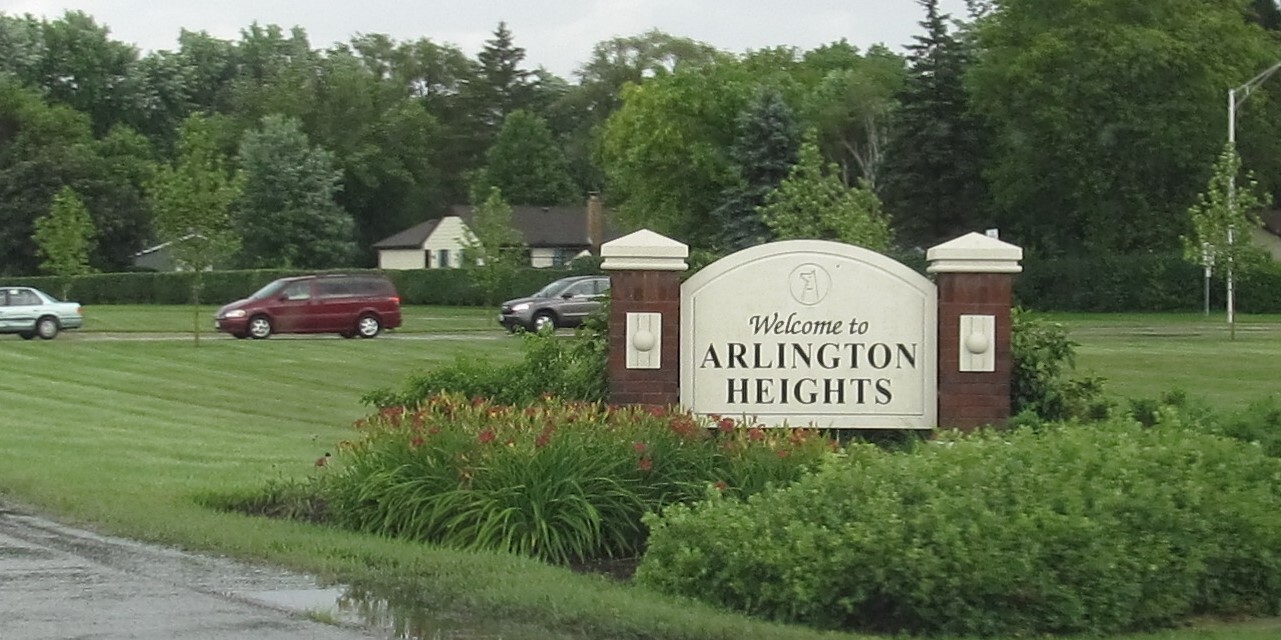A Cook County judge has ended a northwest suburban dispute by dismissing Arlington Heights’ attempt to recover $1.2 million in restaurant sales tax revenue it claimed the state wrongly disbursed to its neighbor, Rolling Meadows.
Cooper’s Hawk Restaurant sits at 798 W. Algonquin Road, Arlington Heights. In March 2020, the village notified the Illinois Department of Revenue that the state had disbursed the restaurant’s sales tax payments to Rolling Meadows from November 2011 through December 2019.
According to court documents, IDOR reimbursed Arlington Heights $108,934 for a six-month “look-back period” spanning from July through December 2019. Seeking the rest, Arlington Heights sued Rolling Meadows on Feb. 14.
In its initial complaint, Arlington Heights said the IDOR sent Rolling Meadows a so-called “tax location verification letter” in April 2011, asking the city to verify the location of Cooper’s Hawk. However, when Rolling Meadows failed to reply, IDOR interpreted their silence as agreement by Rolling Meadows the restaurant was within its boundaries.
Wilson first declined to dismiss on the grounds Arlington Heights didn’t properly respond to Rolling Meadows’ motion, noting the request to dismiss “is not the bastion of organization and clarity either." He also noted “a cause of action for missourced sales tax can be brought in the circuit court only as a result of a rebate agreement entered after June 1, 2004,” a position written into the Municipal Code and later supported by the Illinois Supreme Court.
Beyond that, he noted, Rolling Meadows also argued Arlington Heights’ claims can only go back five years, so it has no right to pursue disbursements predating Feb. 14, 2017. Wilson said Arlington Heights admitted its unjust enrichment claim is subject to that statutory limitation, but counter by asserting “that limitations period can be tolled for any period during which it was unreasonable for a plaintiff to become aware of the unjust enrichment.”
Wilson said with regard to that dispute, both sides raised points that are not suitable for motions to dismiss. However, he sided with Rolling Meadows on the question of whether Arlington Height's was entitled to the remainder of the misallocated revenue.
Rolling Meadows, Wilson wrote, argued Arlington Heights “has received all of the relief it is entitled to, namely, an offset refund disbursement for the statutorily created look-back period, and (the village’s) attempted recovery is barred by the doctrine of nonliability.”
Calling that doctrine “obscure,” Wilson said it “bars an action for declaratory judgment when the conduct that makes the party liable” has already happened. He further said a declaratory judgement is appropriate when such an order can determine the rights of parties so they may alter future conduct in order to avoid liability. But he hexplained this dispute doesn’t meet that guideline because a declaration wouldn’t be able to change anything going forward.
“The issue, then, is whether (Arlington Heights) is seeking an affirmation with respect to past conduct, or whether it is seeking guidance for future conduct,” Wilson wrote. “It is clear to this court that (Arlington Heights) is seeking a declaration with respect to the past conduct of either (Rolling Meadows) or IDOR.”
Wilson dismissed the complaint in its entirety with prejudice.
